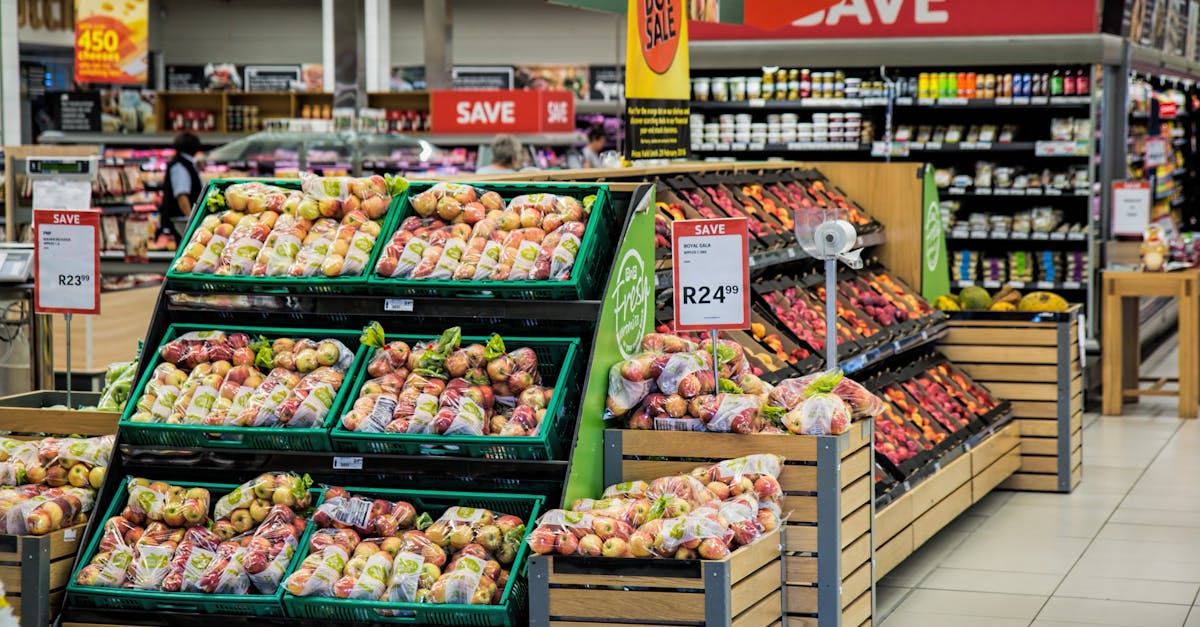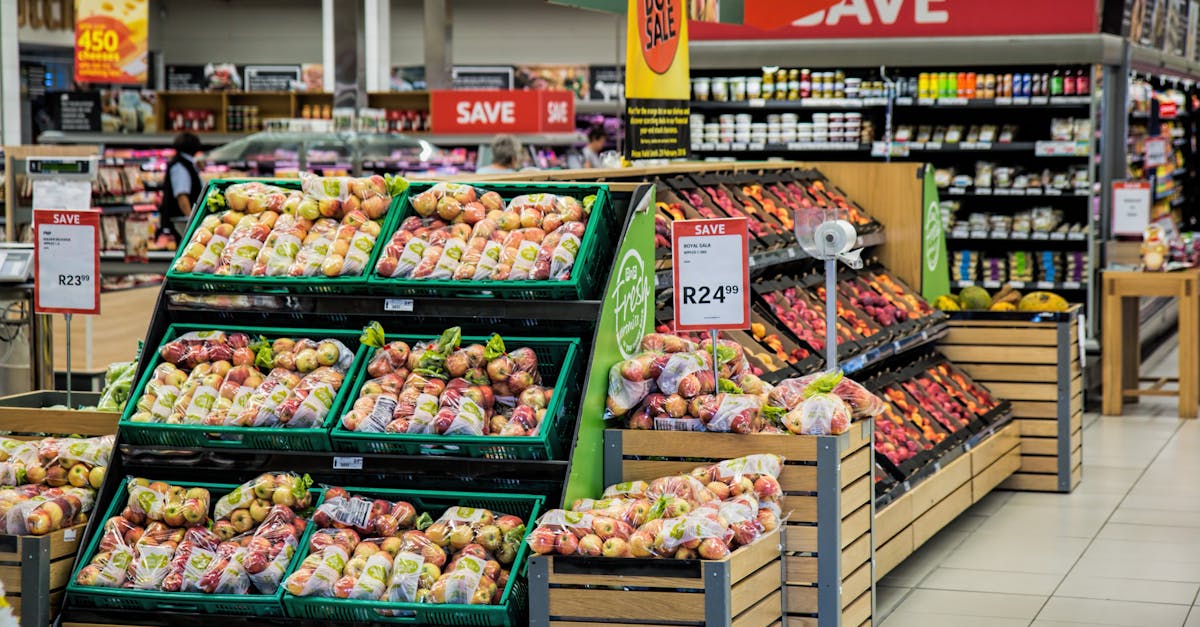
Table Of Contents
Measuring the Impact of Local Keywords
Measuring the impact of local keywords is essential for any business aiming to enhance their Local SEO strategy. By analysing key performance indicators such as organic search traffic, click-through rates, and conversion rates, businesses can gain insights into how effectively their local keywords are driving targeted users to their websites. Tools like Google Analytics and Google Search Console can provide valuable data that shows which keywords are performing well and how they align with user intent.
Additionally, monitoring the rankings of specific local keywords in search engine results can reveal fluctuations that may indicate changes in competition or shifts in market demands. Understanding these dynamics allows businesses to adjust their content and marketing strategies accordingly. Tracking customer interactions, such as phone calls and store visits originating from local search, further helps in evaluating the overall effectiveness of local keyword implementation within the broader Local SEO framework.
Key Metrics to Track Success
When implementing a content strategy that focuses on local keywords, tracking the right metrics is essential for assessing success. One critical metric is organic traffic, particularly from local search results. Analysing the volume of visitors coming from locality-based queries helps gauge the effectiveness of your optimisation efforts. Additionally, monitoring the bounce rate offers insights into user engagement. A high bounce rate may indicate that visitors are not finding the content relevant to their needs.
Conversion rates also serve as a valuable metric in evaluating Local SEO strategies. Measuring actions taken by users, such as signing up for a newsletter or making a purchase, demonstrates the effectiveness of your content in driving targeted behaviour. Local keyword rankings themselves are another vital metric; tracking where your site appears for relevant search terms can reveal improvements over time. Ultimately, utilising multiple metrics provides a comprehensive understanding of how well local keywords are contributing to overall business goals.
Common Mistakes with Local Keywords
Focusing solely on broad keywords often leads to missed opportunities for local businesses. Many organisations believe that ranking for generic terms will drive more traffic to their sites. However, without tailoring keywords to local contexts, they risk alienating potential customers who are searching for specific services in their area. Effective Local SEO hinges on the strategic use of geographic terms, which attract more relevant searchers and increase conversion potential.
Another common mistake is neglecting to update keyword strategies over time. The local landscape can shift rapidly due to changes in competition, consumer behaviour, and local events. Failing to adapt one's Local SEO approach can result in outdated keywords that no longer lead to desired outcomes. Regularly revisiting and refining keyword choices ensures alignment with current market dynamics and enhances visibility in search results.
Pitfalls to Avoid in Your Strategy
A frequent pitfall when implementing local SEO is not adequately understanding the target audience. Businesses sometimes make assumptions about the specific needs and preferences of local customers, leading to a disconnect in messaging and content. Tailoring local keywords without proper research can result in missed opportunities to engage effectively and attract the right audience.
Another common mistake is over-optimising content with local keywords. While it is essential to include relevant terms to enhance visibility, keyword stuffing can lead to a poor user experience. This not only frustrates potential customers but can also negatively impact search engine rankings. Striking the right balance in keyword usage is crucial for a successful local SEO strategy.
Case Studies of Successful Local Keyword Use
Many local businesses have effectively harnessed the power of local keywords to enhance their visibility and drive foot traffic. For instance, a Melbourne-based café optimised its website by including location-specific terms like "best coffee in Fitzroy." This simple adjustment boosted their ranking in search results, leading to increased online orders and in-store visits. The café leveraged local directories and social media platforms, amplifying their reach within the community. As a result, they cultivated a loyal customer base eager to support local enterprises.
Another example stems from a boutique real estate agency in Brisbane that integrated local keywords such as "Brisbane waterfront properties" into its content strategy. By focusing on high-intent search terms specific to their area, the agency attracted more targeted leads seeking property investments. Their blog featured articles on local market trends, neighbourhood spotlights, and tips for buyers, all enriched with relevant keywords. This approach not only improved their Local SEO but also positioned the agency as a trusted authority among potential clients.
Learning from Local Businesses
Local businesses can provide valuable insights into the effective use of local keywords within their content strategies. Many have successfully integrated specific phrases related to their geographic location, creating content that directly resonates with their target audience. This approach not only enhances visibility in search engine results but also fosters a stronger connection with the local community. Strategies such as promoting local events or collaborations with nearby merchants often amplify their reach and engagement.
The success stories of these businesses illustrate the critical role of Local SEO in driving traffic and increasing customer conversion rates. For example, a café may use keywords that highlight its proximity to well-known landmarks. By putting a spotlight on local attractions and services, businesses can attract more visitors and establish themselves as essential parts of the community. Their experiences underscore the effectiveness of tailoring content to encompass local relevance while optimising their online presence.
FAQS
What are local keywords?
Local keywords are specific search terms that include geographic locations, helping businesses to target customers in particular areas. For example, "best coffee shop in Sydney" is a local keyword.
Why are local keywords important for my content strategy?
Local keywords are crucial for improving visibility in local search results, attracting relevant traffic, and ultimately driving more foot traffic or leads to your business from local customers.
How can I measure the impact of local keywords on my website?
You can measure the impact by tracking key metrics such as organic traffic, click-through rates, conversions, and rankings for local keyword searches using tools like Google Analytics and Google Search Console.
What are some common mistakes to avoid with local keywords?
Common mistakes include overstuffing keywords, neglecting to optimise for mobile users, failing to use local listings effectively, and not keeping keyword research updated to reflect changing trends.
Can you provide examples of successful local keyword use?
Yes, many local businesses, such as restaurants and shops, have effectively used local keywords in their content to improve their rankings and attract local clientele. Case studies often highlight businesses that have tailored their SEO strategies to include specific local terms that resonate with their target audience.


































































































